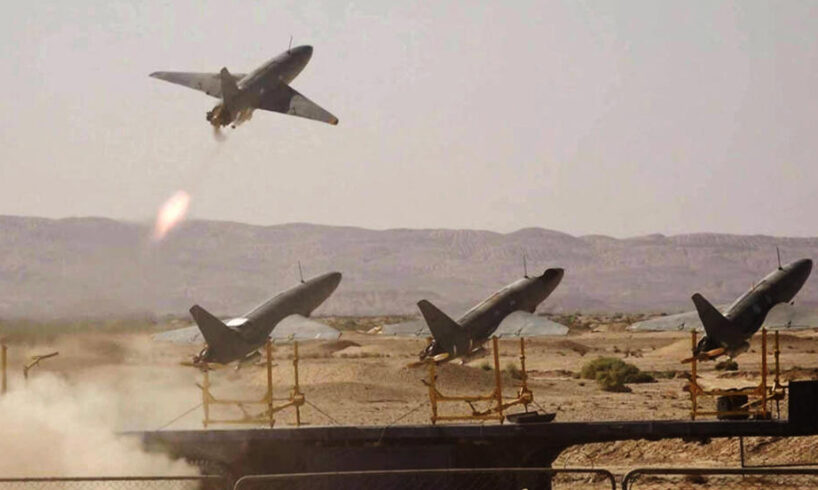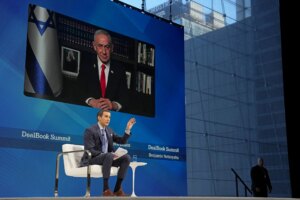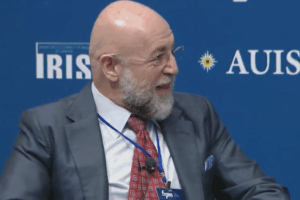
Shafaq News
A recent wave of drone attacks has dealt a serious blow to
the Kurdistan Region’s oil sector, triggering shutdowns and placing vital
infrastructure under growing strain. The most recent incident occurred early
Thursday, when an explosive-laden drone struck the Bahrka subdistrict in Erbil
province. No casualties were reported.
The night before, another drone targeted the Baadre oil
field in Sheikhan district, sparking a large fire and forcing a halt in
operations. That strike followed a series of earlier attacks in Duhok province,
where the Tawke and Bishkabour oil fields—both operated by Norwegian firm
DNO—were hit, along with a US-managed site in Malperkeh.
While no injuries have been reported across the incidents,
damage to equipment and facilities has been confirmed, raising concerns about
operational safety and infrastructure resilience.
These attacks were preceded by repeated strikes on the
Khurmala and Sarsang fields on Monday, bringing the total number of drone
incidents to at least nine in less than a week. On Tuesday morning, three
additional sites—Peshkabir, Tawke, and a Hunt Oil installation—came under fire
within a 90-minute window, deepening the disruption to production.
Output in Freefall
In the aftermath of the strikes, operators including DNO ASA
and Gulf Keystone Petroleum moved swiftly to suspend operations. Tawke,
Peshkabir, and Shaikan—the Kurdistan Region’s most productive oilfields—remain
offline.
Acknowledging the gravity of the threat, the Kurdish
Ministry of Natural Resources called on all operators to conduct urgent safety
assessments, as fears over infrastructure vulnerability continue to mount.
Before the attacks, oil production in the Kurdistan Region
hovered between 285,000 and 300,000 barrels per day in 2024. The strikes have cut
output by an estimated 140,000 to 150,000 barrels daily—nearly half of the
total volume.
Peshkabir, producing roughly 49,500 barrels per day,
alongside Tawke at about 29,150 and Sarsang at approximately 30,000,
collectively contribute over 108,000 barrels daily. These three fields alone
represent close to 6% of Kurdistan’s projected 1.8 million barrels per day
output this year.
Oil revenues remain the cornerstone of the Region’s economy,
generating more than $4 billion last year, with nearly $2 billion retained
after deductions. Based on current Brent prices, a daily loss of 150,000
barrels equates to roughly $3.8 million in missed income—amounting to over $1.1
billion per month. Even a more cautious estimate of 140,000 barrels per day
results in a weekly shortfall of around $70 million, intensifying pressure on
Erbil’s budget.
“This is a direct hit to Kurdistan’s economy,” oil expert
Dr. Kovend Sherwani told Shafaq News, emphasizing that some fields have ceased
production entirely and the full extent of damage remains under assessment.
Sherwani also interpreted the timing of the attacks as a
calculated message, stressing that “They come just days after Baghdad signed a
deal with an American company to develop Iraq’s Hamrin field. It’s a hostile
signal against foreign, especially US, investment in Iraqi oil.”
Voices of Outrage
The Association of the Petroleum Industry of Kurdistan
(APIKUR) warned that the attacks endanger both Iraqi and expatriate workers,
stressing that the authorities in Baghdad and Erbil to enhance protection for
personnel and critical infrastructure.
On the political front, the Kurdistan Region Presidency
described the strikes as a serious threat to sovereignty and investment. “This
is a dangerous escalation that targets the Region’s stability and its
partnerships,” the presidency noted, urging Baghdad to take decisive steps.
Iraq’s presidency echoed that position, cautioning that
repeated violations put national security and the public interest at risk.
Moreover, Prime Minister Mohammed Shia al-Sudani ordered an immediate
investigation, directing the reinforcement of air defense and radar systems.
Despite mounting international and regional pressure, no
official accusations have been issued. The Iraqi military dismissed claims
involving the Popular Mobilization Forces (PMF), noting no irregular activity
had been detected.
The PMF-aligned Coordination Framework also condemned the
strikes as destabilizing acts carried out by rogue groups. “None of the
factions affiliated with us were involved in these operations,” affirmed senior
Framework figure Amer al-Fayez in comments to Shafaq News, emphasizing the need
to avoid further regional escalation.
Across the Kurdistan Region, unease is mounting among local
communities and workers’ unions. Growing concerns over oil-sector staff safety
have prompted renewed calls for authorities to prioritize the protection of
strategic energy facilities.
Pipeline on Pause
These attacks deepen an ongoing political stalemate over oil
exports. The Iraq–Turkiye pipeline, capable of transporting 300,000 barrels per
day, has remained idle since March 2023 following an arbitration ruling. Talks
between Baghdad and Erbil continue to stall amid disagreements over pricing,
operational control, and contract terms.
Tensions have been further strained by Baghdad’s decision to
cap recoverable production costs at $16 per barrel. International companies
operating in the Kurdistan Region argue that actual expenses range between $24
and $26 per barrel, making a compromise essential for any restart in exports.
Dr. Sherwani warned that the drone campaign appears designed
to disrupt any fragile momentum in Iraqi-Kurdish dialogue. “These strikes don’t
just damage infrastructure—they complicate already difficult negotiations and
weaken the prospect of reaching a unified oil policy.”
He also pointed out that continued production halts could
prevent the Region from meeting its crude supply obligations to Iraq’s Oil
Ministry and SOMO, a failure that may deepen the rift with Baghdad.
Written and edited by Shafaq News staff.





